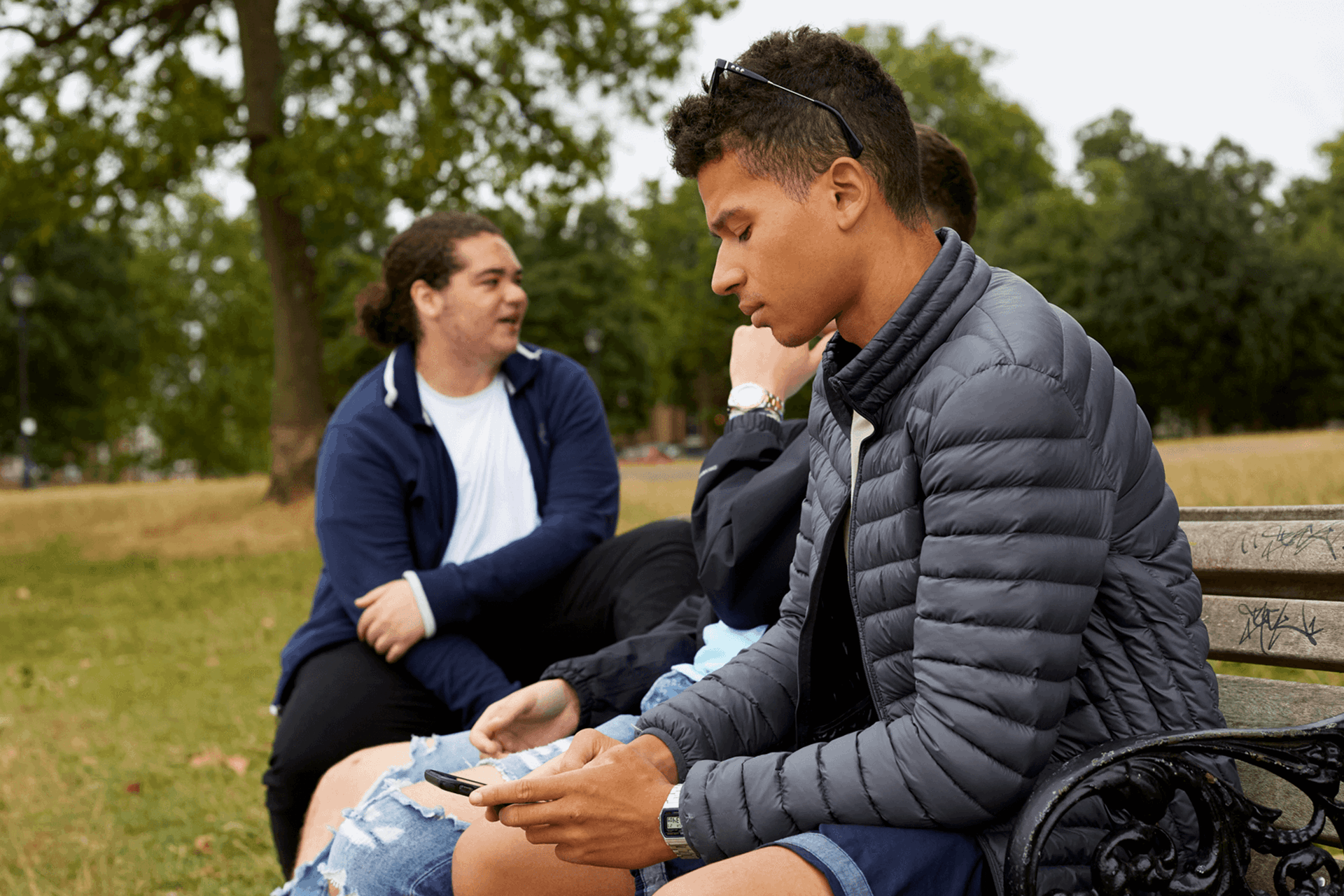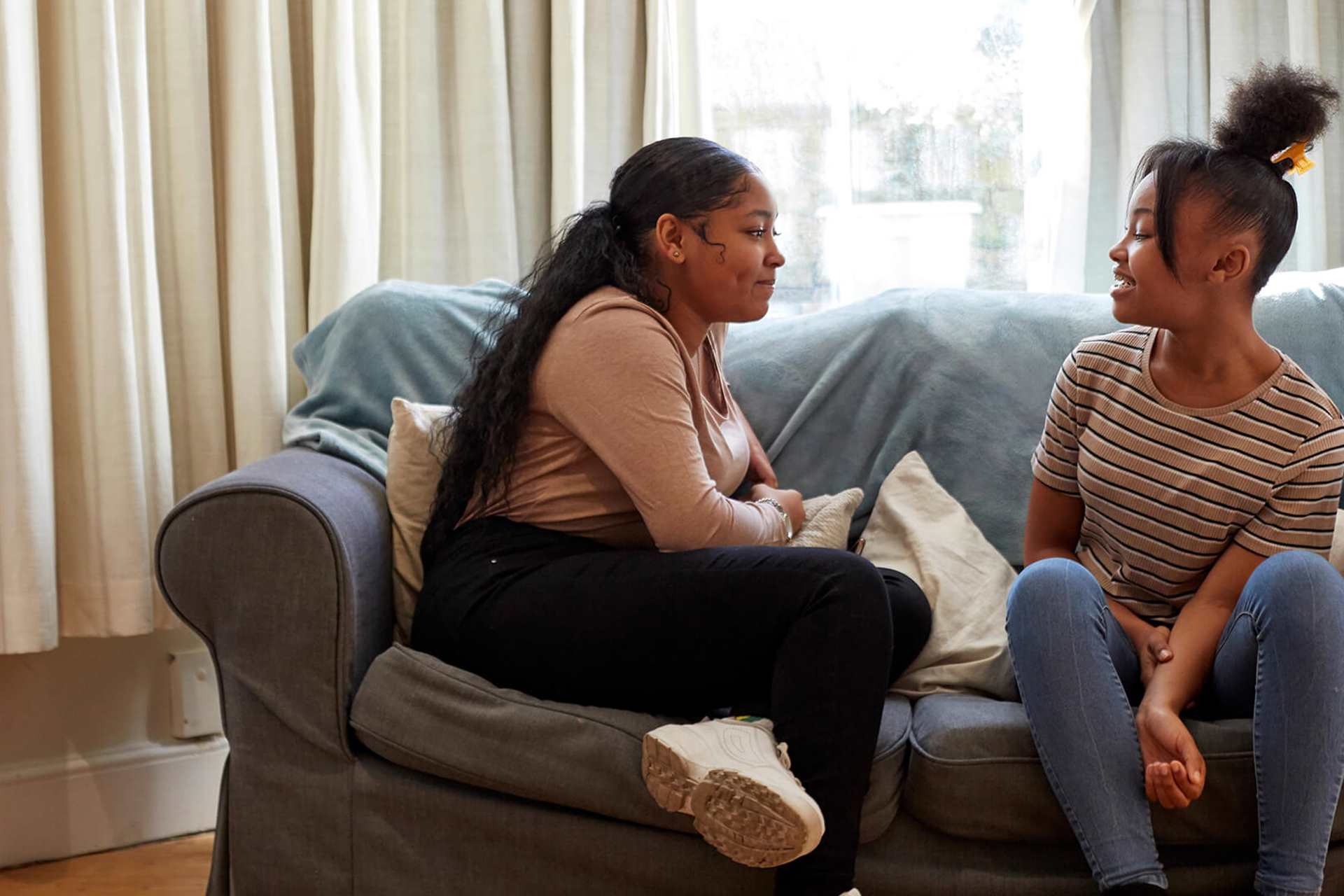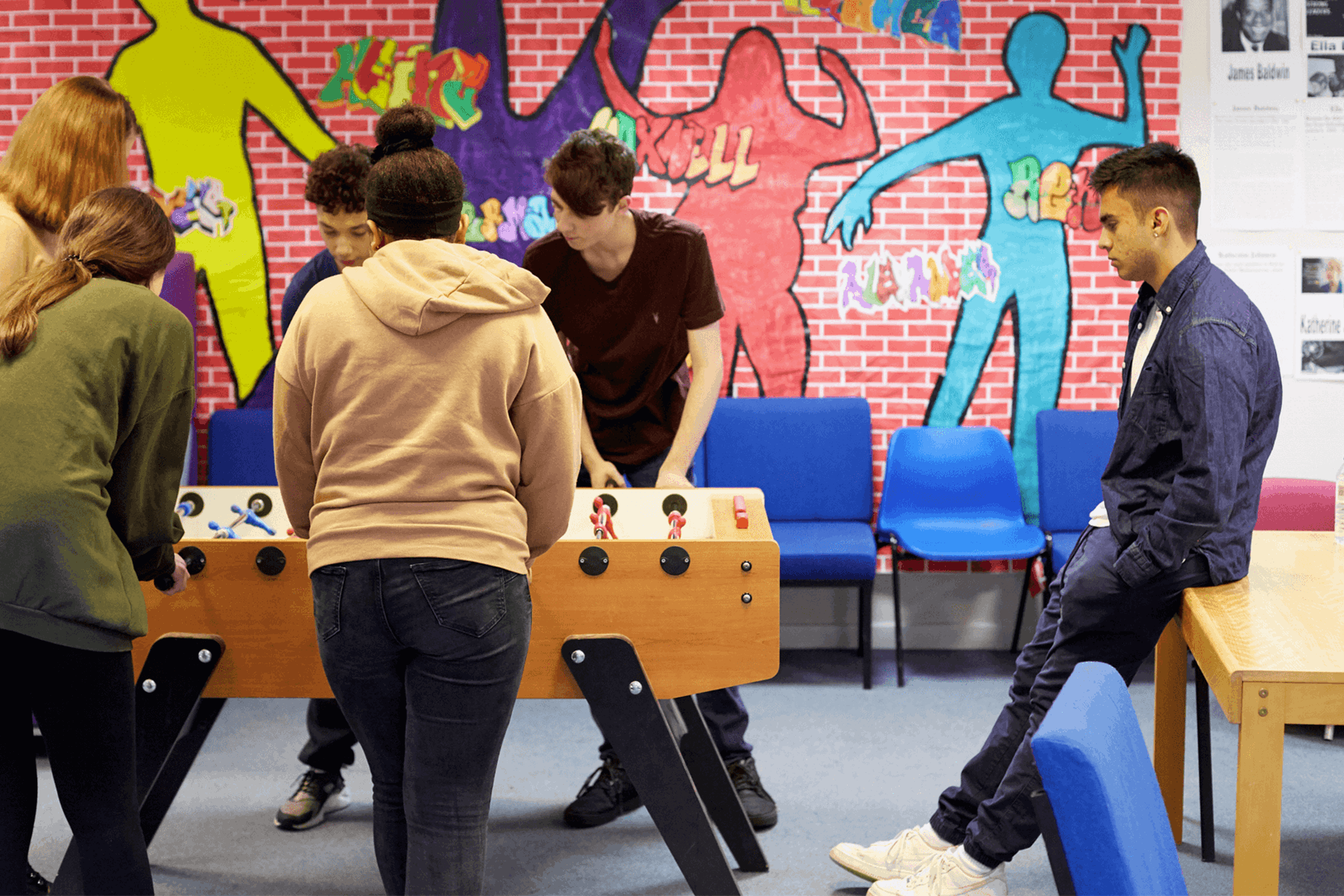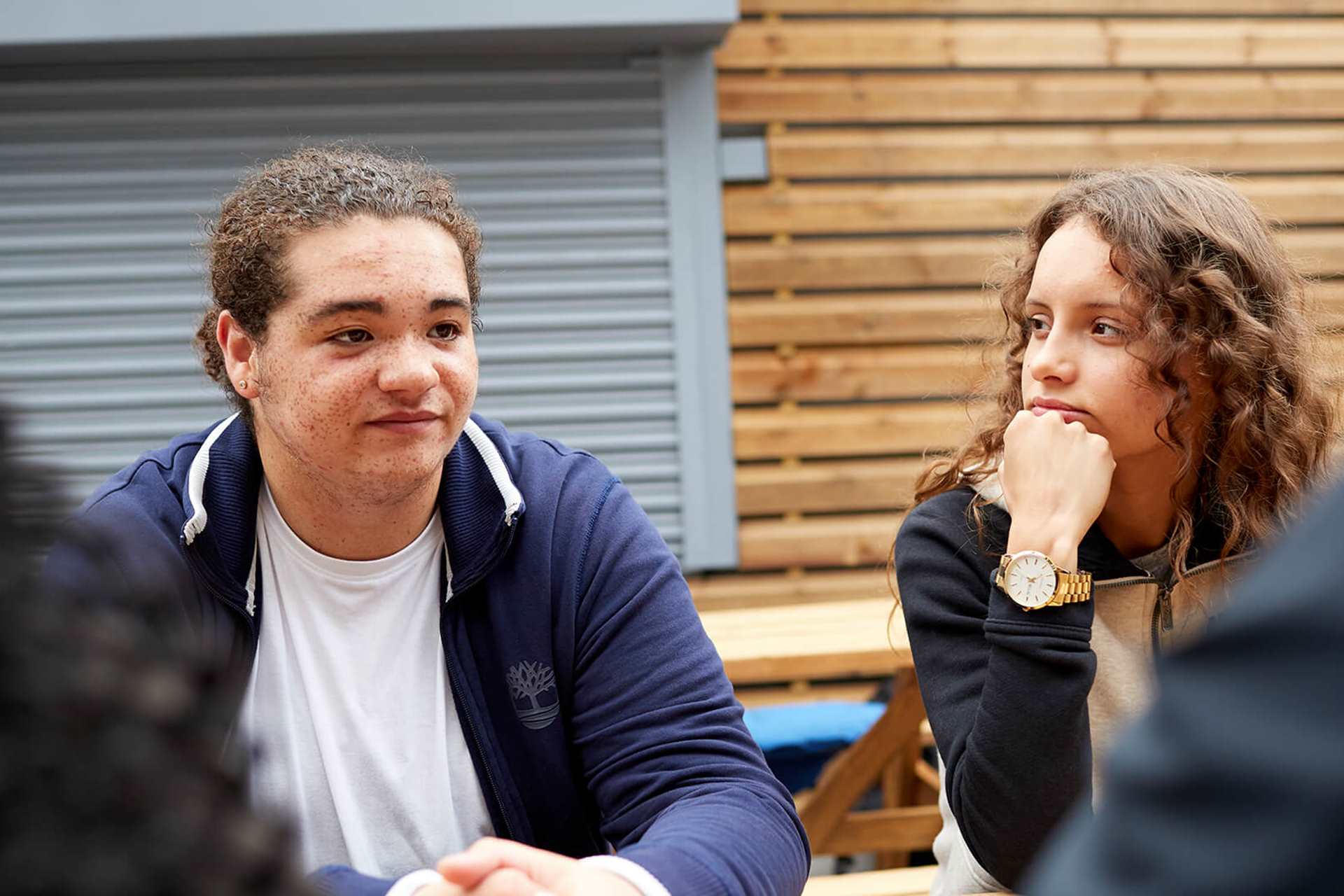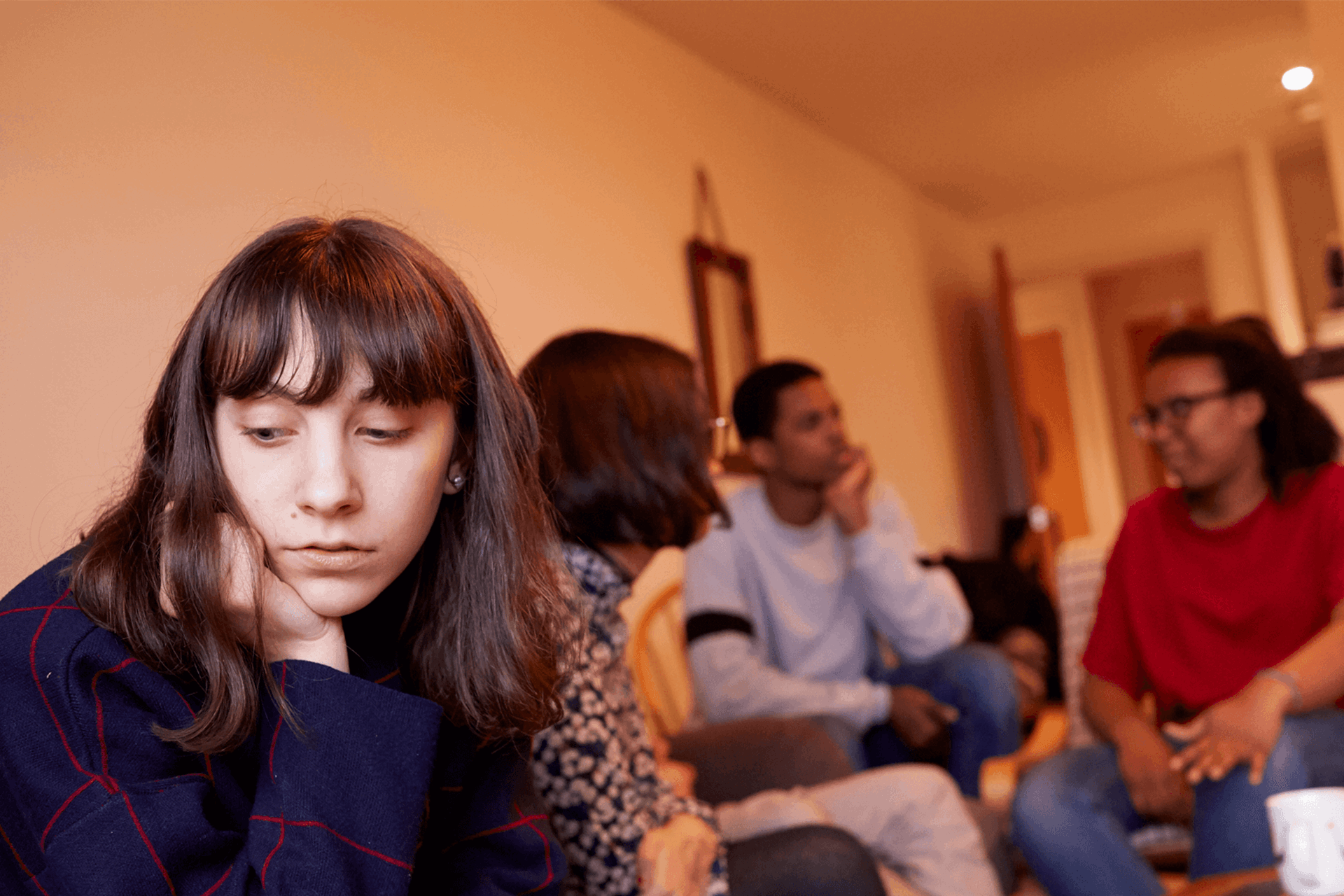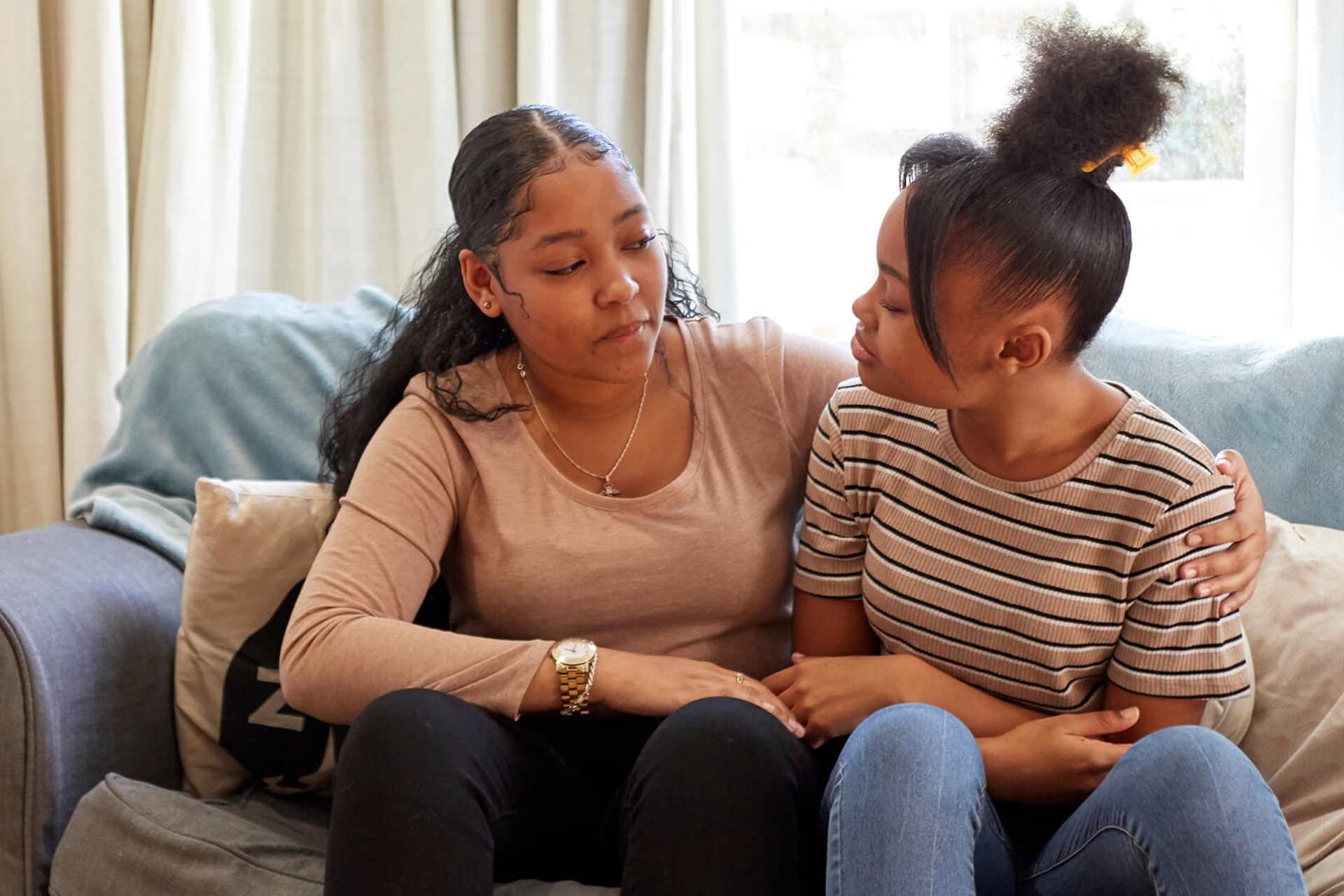Topics mentioned: eating problems
About: Our guest blogger Esther shares from her own experience the things you should avoid saying to someone who is recovering from an eating disorder.
What is appropriate to say to someone you care about, who is struggling with an eating disorder? Desperately not wanting to offend, but equally not wanting to turn a blind eye.
Sometimes supporting someone with eating problems can be like the elephant in the room and trying to find the right thing to say can seem like walking through a minefield – never knowing when you might trigger an explosion.
It may seem obvious what you shouldn’t say, but there are a few less apparent remarks, which could be damaging or triggering to someone recovering from an eating disorder. From my experience, this is what not to say:
It looks like you’ve gained weight.
It may come from a good place and innocent intentions, but it is never helpful to comment on someone’s appearance or weight. People with eating disorders may equate weight gain and changes in their body with their self-worth. Any mention of a change in weight could translate into looking “fat” and lead to feelings of self-loathing that extend beyond weight issues.
It is also important to remember that weight gain does not imply that someone is recovered or even doing “well"; making a complete recovery from an eating disorder can take time and even if someone looks “better” physically, they may still battle mentally and emotionally. Instead, why not compliment someone’s choice of clothing?
You’re looking much better.
Any comment that draws attention to weight - even weight loss - is dangerous ground. Praising weight loss or certain body types may send mixed messages and could potentially reinforce someone’s eating disorder. So, think twice about congratulating and praising other people's body types or weight loss. Our worth should not be defined by our size.
Are you sure you have an eating disorder? You don’t look like you have one.
It is important to remember that eating disorders come in all different forms and are not defined by weight or size. Telling someone that they are not thin or sick enough is not going to help them and may delay them reaching out for help.
It's okay, I sometimes do that…
Telling a vulnerable person that you sometimes engage in unhealthy behaviour like over-exercising or skipping breakfast is incredibly unhelpful, eating disorders are not illnesses you can switch on and off, they are severe and enduring. Steer clear of saying anything that will normalise unhealthy behaviours or thinking patterns.
Why don’t you just eat (a suggested food)?
Offering simplistic solutions can undermine and belittle someone’s battle. Eating disorders are fundamentally not about food.
You eat a lot/You eat too fast/slow/That food looks weird.
People recovering from eating disorders may have to adhere to prescribed meal plans. They may also eat at certain times or in a particular manner. They can often feel self-conscious about their food choices and bringing attention to their eating choices or habits could make them feel insecure or embarrassed.
I want to lose weight, how do you do it?
Eating disorders are not diets, they are serious life-controlling illnesses. It would not be sensitive to ask someone with an eating disorder for weight loss tips.
Just eat more.
If it was that straightforward and easy, most people with eating disorders would have recovered. As a friend or family member it is okay to feel frustrated or upset, but instead of just telling them to “snap out of it” you should spend time listening to them and understanding their feelings.
Relationships are incredibly important when recovering from any mental health issue. So, I’ve covered what not to say, but what should you say?
Simply keep being YOU. Friendships and family can mean everything when going through an eating disorder. You might not always get it right, but remember to always be sensitive and compassionate and continually remind them that recovery is always possible.
More information and advice
We have tips and advice to help you find the support you need. Take a look at our guides.
Where to get help
However you're feeling, there are people who can help you if you are struggling. Here are some services that can support you.
-
Beat
Offers information and support for anybody affected by eating disorders.
One-to-one web chat available. They also run a range of online support groups, which are all fully moderated and anonymous.
Enter your postcode in the HelpFinder to see what eating disorder support is available in your area.
View their information on helpline accessibility and confidentiality.
- Opening times:
- 365 days a year - weekdays (9am - 8pm); weekends (4pm - 8pm)
-
Childline
If you’re under 19 you can confidentially call, chat online or email about any problem big or small.
Sign up for a free Childline locker (real name or email address not needed) to use their free 1-2-1 counsellor chat and email support service.
Can provide a BSL interpreter if you are deaf or hearing-impaired.
Hosts online message boards where you can share your experiences, have fun and get support from other young people in similar situations.
- Opening times:
- 24/7

